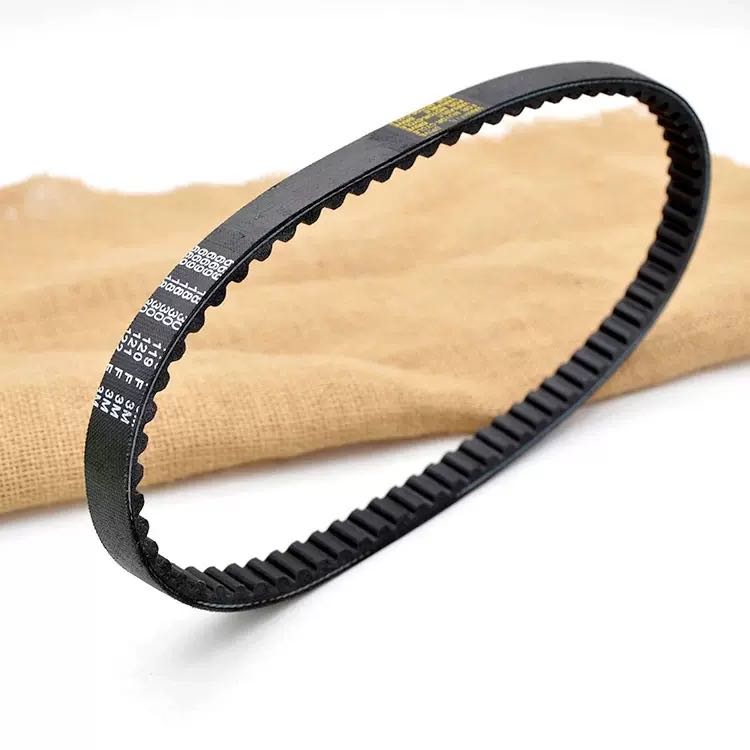- Arabic
- French
- Russian
- Spanish
- Portuguese
- Turkish
- Armenian
- English
- Albanian
- Amharic
- Azerbaijani
- Basque
- Belarusian
- Bengali
- Bosnian
- Bulgarian
- Catalan
- Cebuano
- Corsican
- Croatian
- Czech
- Danish
- Dutch
- Afrikaans
- Esperanto
- Estonian
- Finnish
- Frisian
- Galician
- Georgian
- German
- Greek
- Gujarati
- Haitian Creole
- hausa
- hawaiian
- Hebrew
- Hindi
- Miao
- Hungarian
- Icelandic
- igbo
- Indonesian
- irish
- Italian
- Japanese
- Javanese
- Kannada
- kazakh
- Khmer
- Rwandese
- Korean
- Kurdish
- Kyrgyz
- Lao
- Latin
- Latvian
- Lithuanian
- Luxembourgish
- Macedonian
- Malgashi
- Malay
- Malayalam
- Maltese
- Maori
- Marathi
- Mongolian
- Myanmar
- Nepali
- Norwegian
- Norwegian
- Occitan
- Pashto
- Persian
- Polish
- Punjabi
- Romanian
- Samoan
- Scottish Gaelic
- Serbian
- Sesotho
- Shona
- Sindhi
- Sinhala
- Slovak
- Slovenian
- Somali
- Sundanese
- Swahili
- Swedish
- Tagalog
- Tajik
- Tamil
- Tatar
- Telugu
- Thai
- Turkmen
- Ukrainian
- Urdu
- Uighur
- Uzbek
- Vietnamese
- Welsh
- Bantu
- Yiddish
- Yoruba
- Zulu
nov. . 02, 2024 14:03 Back to list
belt conveyor
Belt conveyors are one of the most versatile and widely used systems for material handling in various industries, including manufacturing, mining, construction, and food processing. Their design allows for the efficient transportation of bulk materials, packages, and products over both short and long distances. The simplicity of a belt conveyor system makes it a popular choice for many applications.
The fundamental component of a belt conveyor is the belt itself, which is commonly made from durable materials such as rubber, fabric, or metal. The belt moves over pulleys, which are powered by electric motors. The continuous motion of the belt allows for a steady and controlled flow of materials, minimizing the risk of spillage and maximizing productivity.
One of the significant advantages of belt conveyors is their ability to incline or decline, facilitating the vertical transportation of materials. This feature is particularly useful in warehouses, where products need to be moved between different levels. Additionally, the modular design of many belt conveyor systems allows for easy expansion and customization to meet specific operational needs.
Safety is a critical consideration in the design and operation of belt conveyors
. Features such as emergency stop buttons, guardrails, and safety switches are commonly integrated into conveyor systems to protect operators and minimize accidents. Regular maintenance is also essential to ensure that the conveyor operates smoothly and efficiently, thereby prolonging its lifespan and reducing downtime.belt conveyor

Another advantage of belt conveyors is their flexibility. They can be configured into various layouts and integrated with other machinery, such as sorters and loaders, to create a seamless operation. This adaptability makes belt conveyors ideal for high-demand environments where efficiency is paramount.
In terms of sustainability, modern belt conveyor systems can be designed to minimize energy consumption and reduce waste. Innovations in material science have led to the development of lighter and stronger belts that require less energy to operate. Furthermore, with the rising focus on sustainable practices, companies are beginning to implement conveyor systems that support recycling and waste management processes.
In conclusion, belt conveyors play a crucial role in the efficiency of material handling across numerous industries. Their versatility, safety features, and adaptability make them a preferred choice for managing the flow of materials in modern operations. As technologies continue to evolve, we can expect further improvements in the design and functionality of belt conveyor systems, making them even more integral to industrial success.
-
Korean Auto Parts Timing Belt 24312-37500 For Hyundai/Kia
NewsMar.07,2025
-
7PK2300 90916-T2024 RIBBED BELT POLY V BELT PK BELT
NewsMar.07,2025
-
Chinese Auto Belt Factory 310-2M-22 For BMW/Mercedes-Benz
NewsMar.07,2025
-
Chinese Auto Belt Factory 310-2M-22 For BMW/Mercedes-Benz
NewsMar.07,2025
-
90916-02660 PK Belt 6PK1680 For Toyota
NewsMar.07,2025
-
drive belt serpentine belt
NewsMar.07,2025

